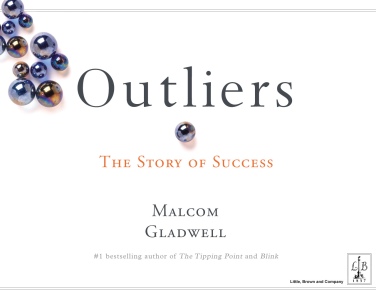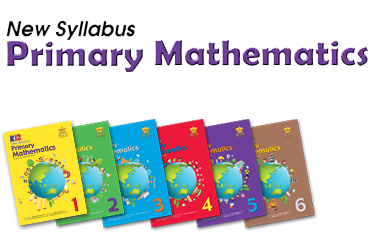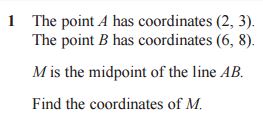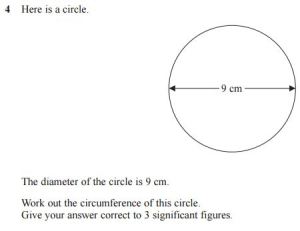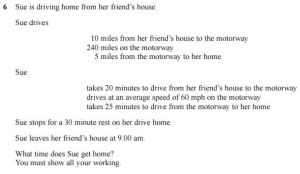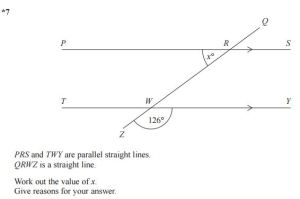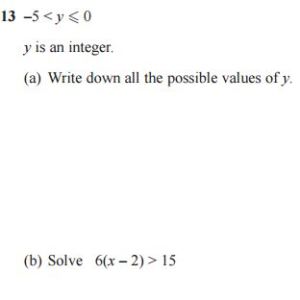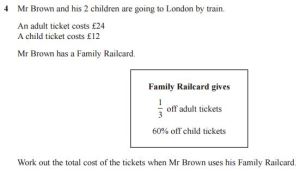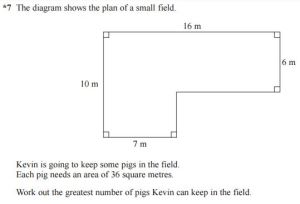This is part of a series offering my views on some problems with and solutions for UK maths education. The first part looked at the state of affairs with regards to GCSE and PISA results, the second part looked at my attempt at a diagnosis, the third part looked at pre-existing maths education success stories, the fourth part looked at how textbooks offer the largest potential to improve pedagogy across the nation, the fifth part examined the role of hard work and homework, and the sixth part diagnosed the problem of forgetting in maths education. This part examines one solution to improving maths memory: employing the spacing effect.

I remember it well. I’d reached the end of my first ever half term of teaching. But standing between me and the holidays was a large pile of assessments to mark. At first, the prospect didn’t seem too bad: I thought it would be relatively mindless work. But that belief was before I actually started the marking itself. My dreams of a mindless few hours rapidly transmogrified into a nightmare: the nightmare of realising how poorly my classes had done. Question after question hit me with the same realisation: ‘we’ve covered this in class – we even looked at this yesterday, in our revision lesson – how on earth did you get this question this wrong?’
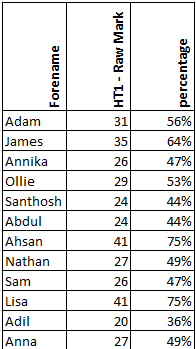
(scores are real, names have been changed)
The above table shows a representative sample of results from one class. Some pupils had turned in pretty good papers. But as a whole, across all my classes, the class average was pretty close to 50%. As a pupil myself, I could never have even comprehended getting 50% in a maths exam. As a teacher, I was even more baffled. I had taught 100% of the topics on the test – what on earth had happened to the other 50%?
Seeing my class results as a whole then pricked me with a deep fear. This was first half term as a teacher. What if I had been making some terrible mistake? What if I was a far worse teacher than I, or my tutors and mentors, had realised? With anxiety I found a fellow maths teacher in the staffroom and and told her of my predicament:
“So, my classes have done really poorly – I don’t understand what’s happened.”
“Oh no! What do you mean? How poorly did they do?”
“So, I think the class average is about… 50%? Most of them seem to be getting around 29 out of 55.”
“50%! Oh! DON’T worry about that, that’s fine! My classes get around that too.”
“Oh…. but how come they don’t get more? I taught it to them, after all.”
“They’ll pick it up later on. It’s fine!”
Thus ended my first half term as a teacher, and with it, my naive hopes of pupils remembering everything that I taught them.
Yet at the same time, it ignited within me a passion for maths pedagogy that eventually led to this blog. What if there is a better way than simply expecting so little from our teaching? What if there were some way of getting pupils to score close to 100% in tests? What if there were some way of getting pupils to remember nearly all of what you teach them?





